T4K3.news
AirPods Pro 3 review
AirPods Pro 3 bring in ear heart rate sensing and new fitness features, with strong accuracy but limited cross platform HR data.

A new in ear heart rate sensor and enhanced fitness features give AirPods Pro 3 a strong edge for workout tracking while raising questions about cross device compatibility.
AirPods Pro 3 Bring Heart Rate Sensing to Workouts
Apple’s AirPods Pro 3 arrive with a standout addition for athletes: in ear heart rate sensing. The new model also expands the Fitness app with a dedicated workout tab that records heart rate, GPS data from a paired phone, and a coaching feature called Workout Buddy. The company also improved fit with foam infused ear tips and a smaller design, added an extra tip size, and increased water resistance to IP57. Battery life in active noise cancellation and transparency modes is up, and the case now supports shorter charging times. Price stays at 249 dollars.
Beyond the core benefits, Apple kept some familiar limits. The Pro 3 does not broadcast a standard Bluetooth heart rate signal, which means third party devices like Peloton bikes or Android phones cannot pull HR data as they could with Beats devices. The company also notes wind noise management has improved but outdoor wind can still mask announcements and some sounds during runs or rides. Live Language Translation and an expanded Fitness app with AI features are introduced, though their real world usefulness varies by scenario. Overall, the verdict centers on solid heart rate accuracy and strong workout features, albeit within Apple’s ecosystem boundaries.
Key Takeaways
"Heart rate accuracy is finally up to the task"
Editorial note on accuracy results across workouts
"No standard BT HR profile breaks third party workouts"
Compatibility limitation with non Apple ecosystems
"This is the easy button for workouts with great HR data"
Positive assessment of fitness data usefulness
"Apple misses a wider market by not exposing HR data to Android users"
Market criticism highlighting cross platform impact
The AirPods Pro 3 mark a quiet shift in how consumer headphones see fitness data. Apple has moved heart rate sensing from chest straps and watches into the ear, pairing it with an on device focused fitness interface. The result is a potentially game changing convenience for iPhone users who want one device for listening and tracking without extra gear. But the choice not to expose a standard Bluetooth heart rate signal limits cross platform use. That decision could frustrate Android users and some third party fitness ecosystems that rely on open HR data. The bigger trend is clear: tech firms are weaving health metrics into everyday devices, making accuracy and openness a new aftertaste in the wearables market. The risk is that a closed data approach can limit growth if a large segment of potential buyers sees value elsewhere.
Looking ahead, Apple will need to balance the appeal of a highly accurate, in ear HR experience with the reality that many athletes use diverse devices. If the company loosens data access or adds broader compatibility, it could convert more athletes and gym goers. If not, the feature could remain a premium perk for iPhone users, reinforcing loyalty while narrowing appeal. The real question is whether the market rewards precision and convenience enough to offset any fragmentation of the user experience.
Highlights
- Heart rate accuracy is finally up to the task
- No standard BT HR profile breaks third party workouts
- This is the easy button for workouts with great HR data
- Apple misses a wider market by not exposing HR data to Android users
As wearables evolve, a single device that tracks health and plays the soundtrack of daily life will become more common, and how open the data is may determine who adopts it.
Enjoyed this? Let your friends know!
Related News

Apple devices reviewed for everyday value
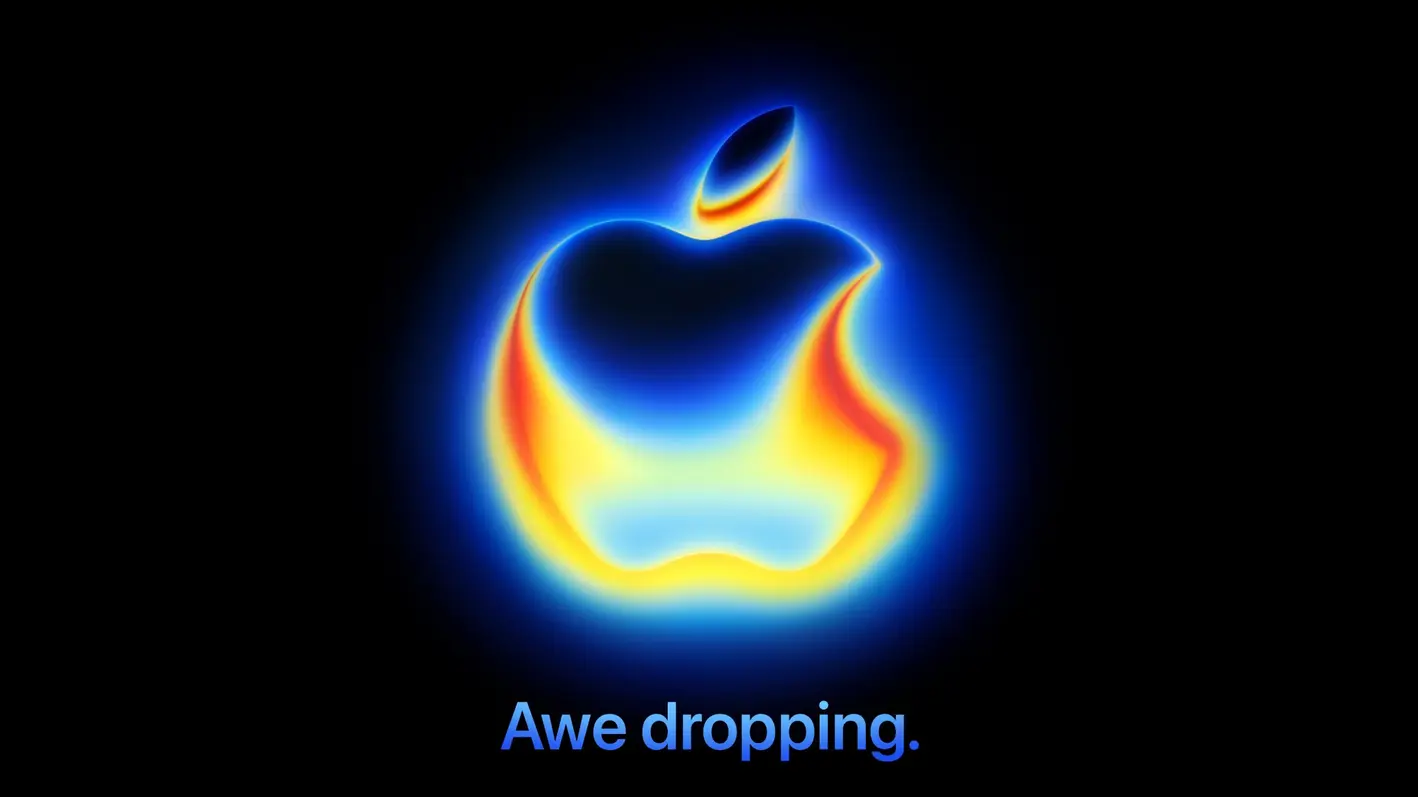
Apple announces iPhone 17 lineup and AirPods Pro 3
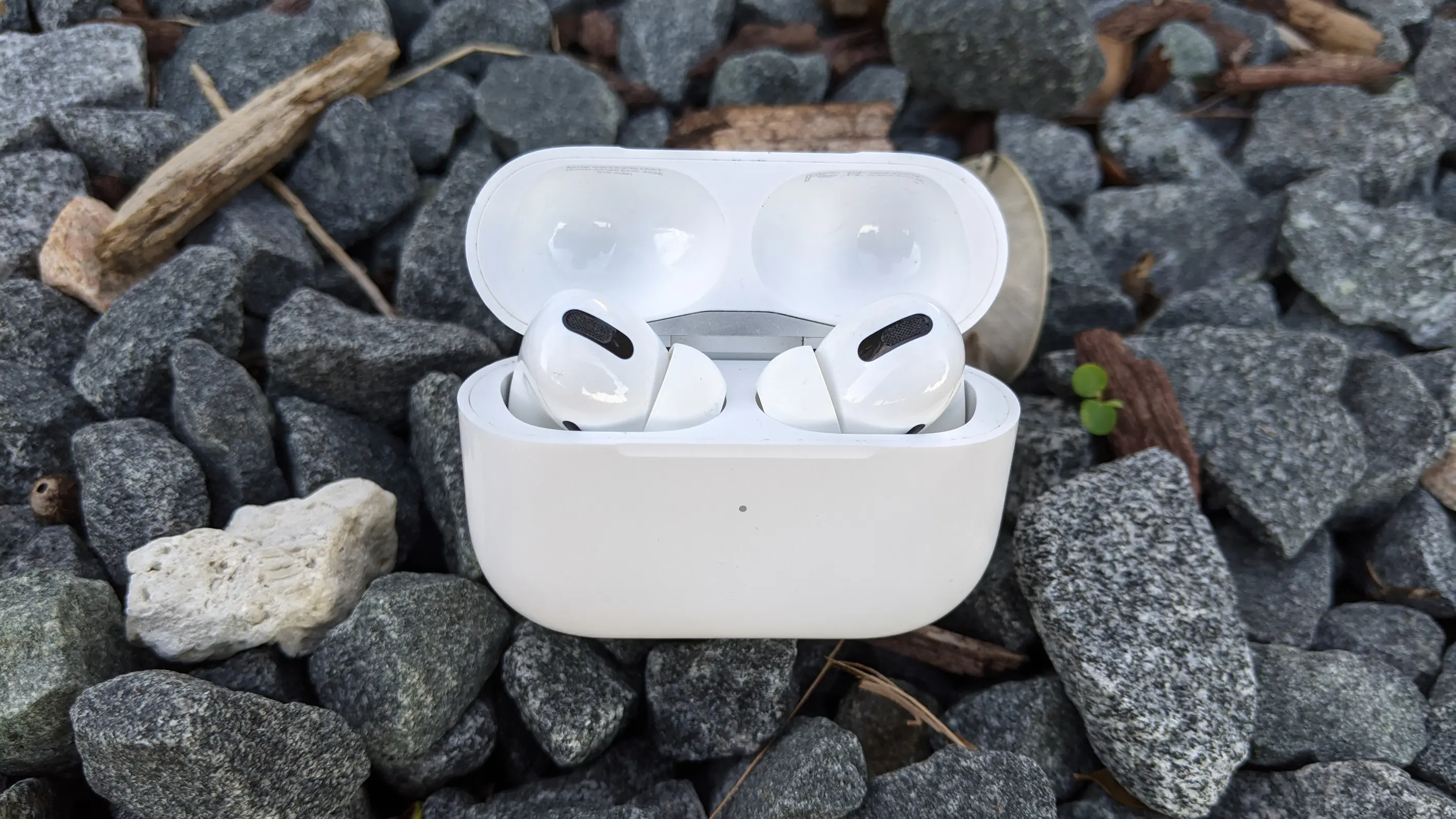
AirPods Pro 3 Design Details Surface Ahead of Apple Event

Best Buy Labor Day Deals Now Live
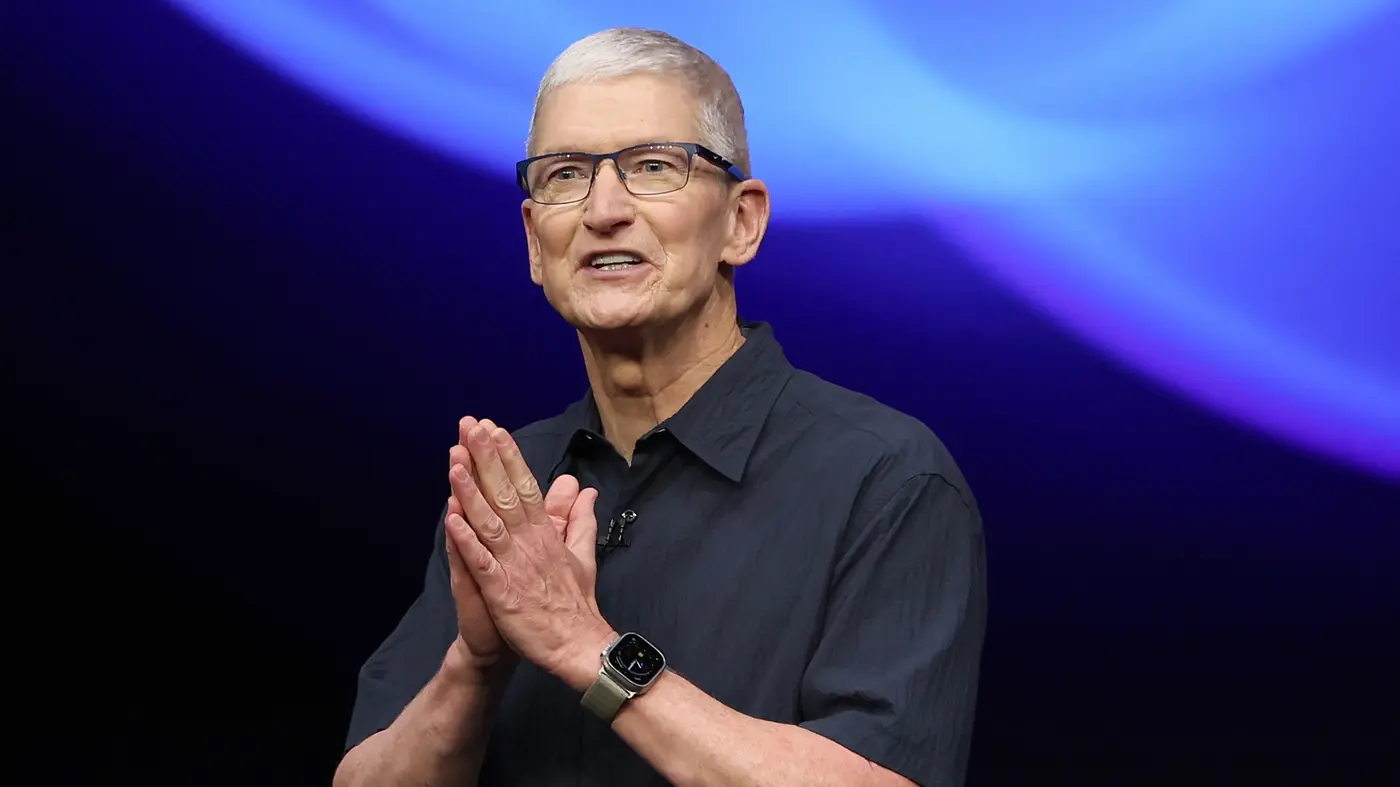
Apple set for multi-device launch this fall
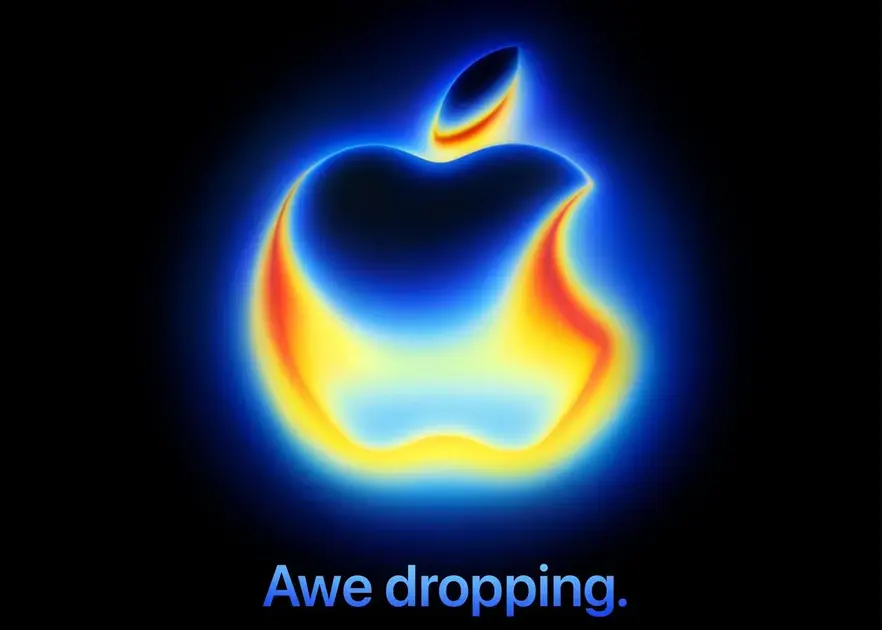
Apple iPhone 17 release schedule outlined
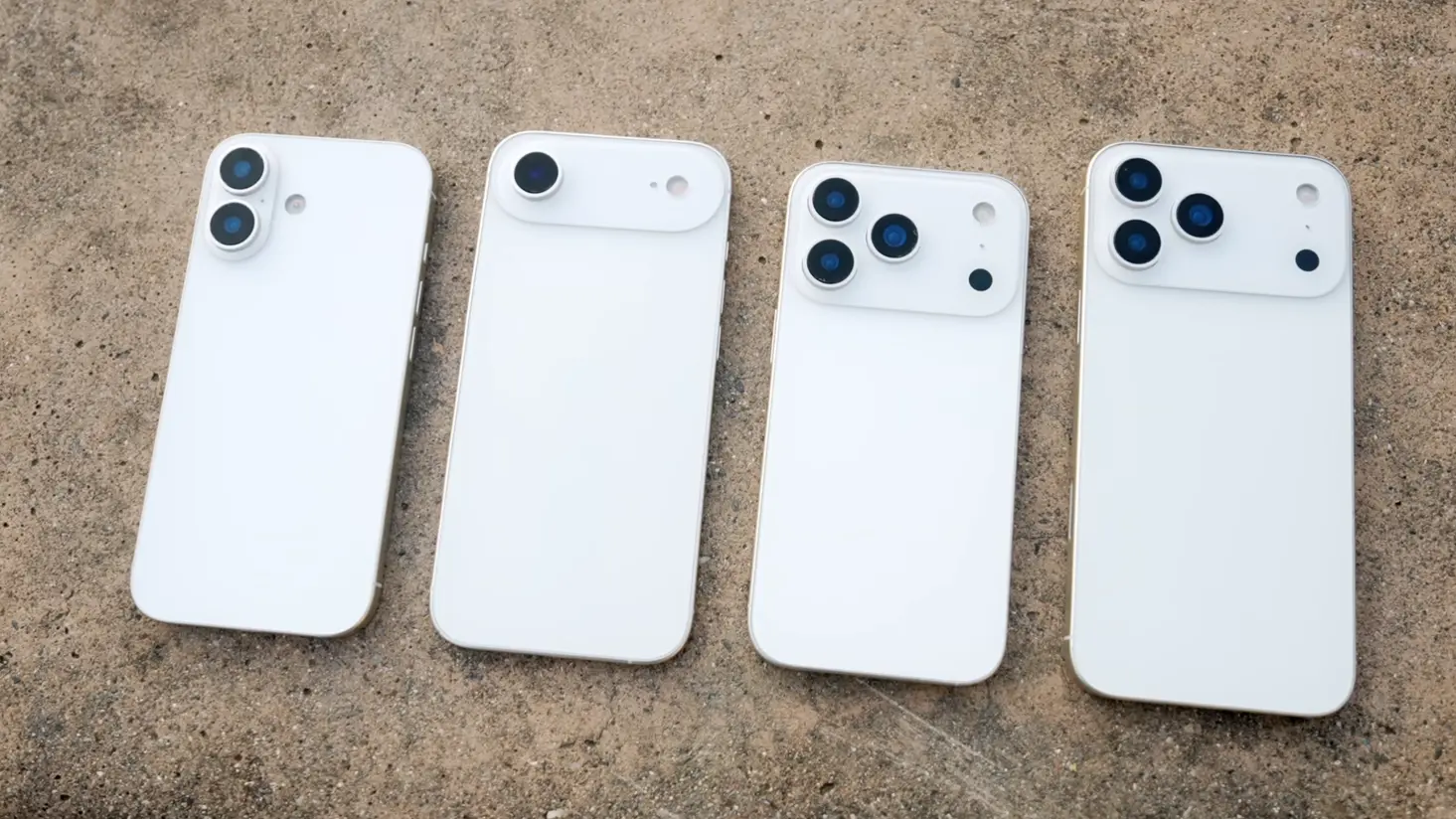
Apple iPhone 17 launches this September
